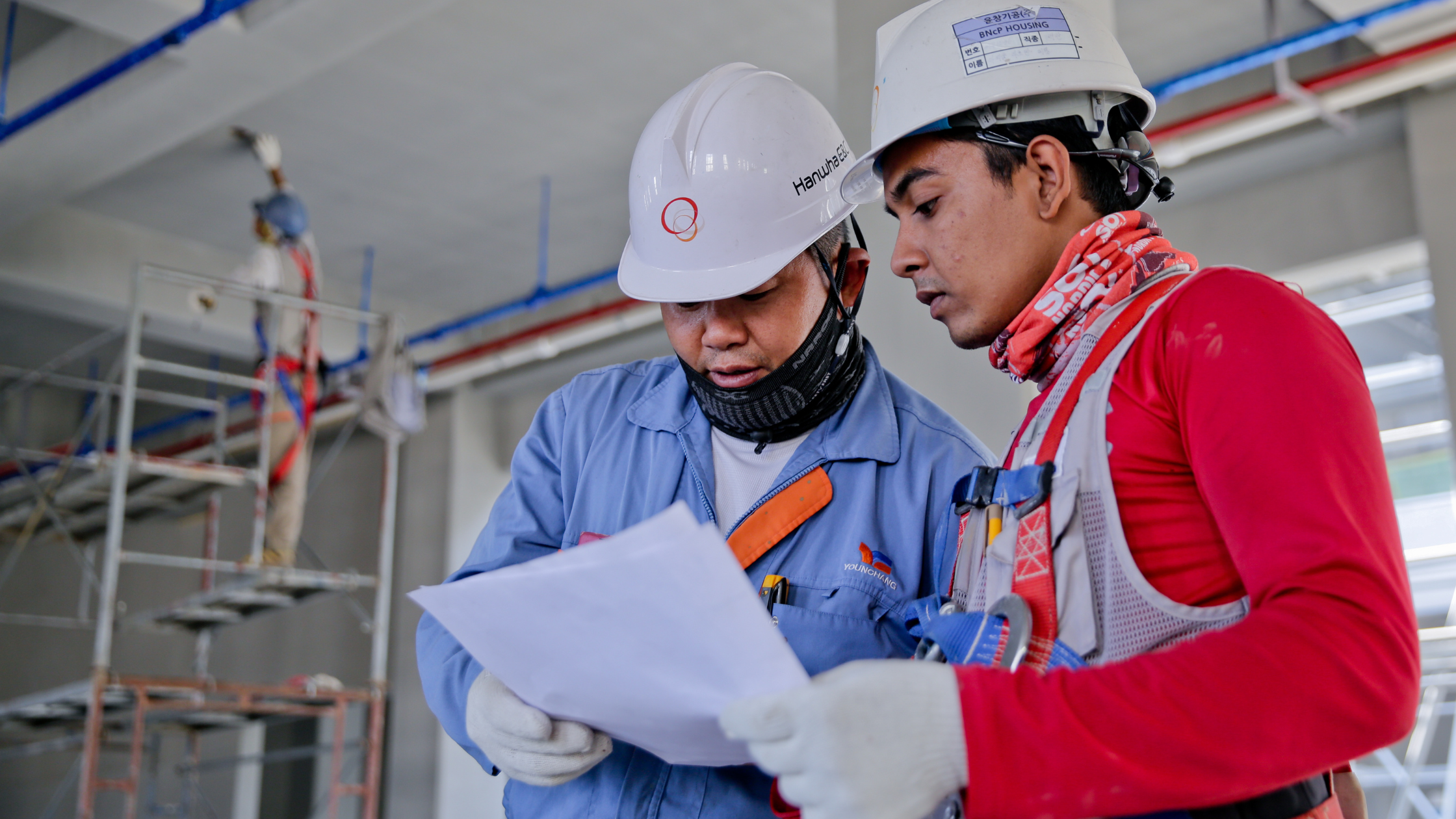The Hidden Risks: Why Construction Companies Need Professional Plumbing Inspections
Construction companies have a lot on their plate when it comes to managing projects, deadlines, and budgets. However, one aspect that is often overlooked is the importance of professional plumbing inspections. While it may seem like an unnecessary expense, the risks of not conducting regular inspections can far outweigh the cost. In this blog post, we will delve into the hidden risks that construction companies face when neglecting plumbing inspections and why investing in professional services is crucial for ensuring the safety and success of your projects.
Compliance with Regulations
One of the primary reasons why construction companies need professional plumbing inspections is to ensure compliance with building codes and regulations. Failure to meet these requirements can result in hefty fines, delays in project completion, and even legal consequences. By hiring a professional plumbing inspection service, you can rest assured that all work meets the necessary standards and regulations set forth by local authorities.
Preventing Costly Repairs
Neglecting plumbing inspections can lead to undetected leaks, clogs, or other issues that can escalate into costly repairs down the line. By catching these problems early on through regular inspections, construction companies can prevent major damage to their properties and save money in the long run. Investing in preventive maintenance is much more cost-effective than dealing with emergency repairs after a problem has already occurred.
Ensuring Safety
Faulty plumbing systems pose a significant safety risk on construction sites. Leaks or bursts in pipes can lead to flooding, water damage, mold growth, and even structural instability if left unchecked. Professional plumbing inspections help identify potential hazards before they escalate into dangerous situations, allowing construction companies to take proactive measures to protect their workers and assets.
Maintaining Reputation
The reputation of a construction company is crucial for attracting clients and securing future projects. A single incident related to faulty plumbing systems can tarnish a company’s reputation and credibility in the industry. By prioritizing regular plumbing inspections and addressing any issues promptly, construction companies demonstrate their commitment to quality workmanship and client satisfaction.
Peace of Mind
Ultimately, investing in professional plumbing inspections provides construction companies with peace of mind knowing that their properties are safe, compliant with regulations, and free from potential risks. By partnering with experienced professionals who have the expertise to identify and address any plumbing issues efficiently, construction companies can focus on delivering high-quality projects without worrying about hidden risks lurking beneath the surface.
Conclusion
In conclusion, professional plumbing inspections are essential for construction companies looking to mitigate risks, ensure compliance with regulations, prevent costly repairs, maintain safety standards, uphold their reputation, and achieve peace of mind throughout their projects. By prioritizing regular inspections conducted by qualified professionals, construction companies can safeguard their investments and create a secure environment for their workers and clients alike. Don’t let hidden risks jeopardize your success – invest in professional plumbing inspections today!…





